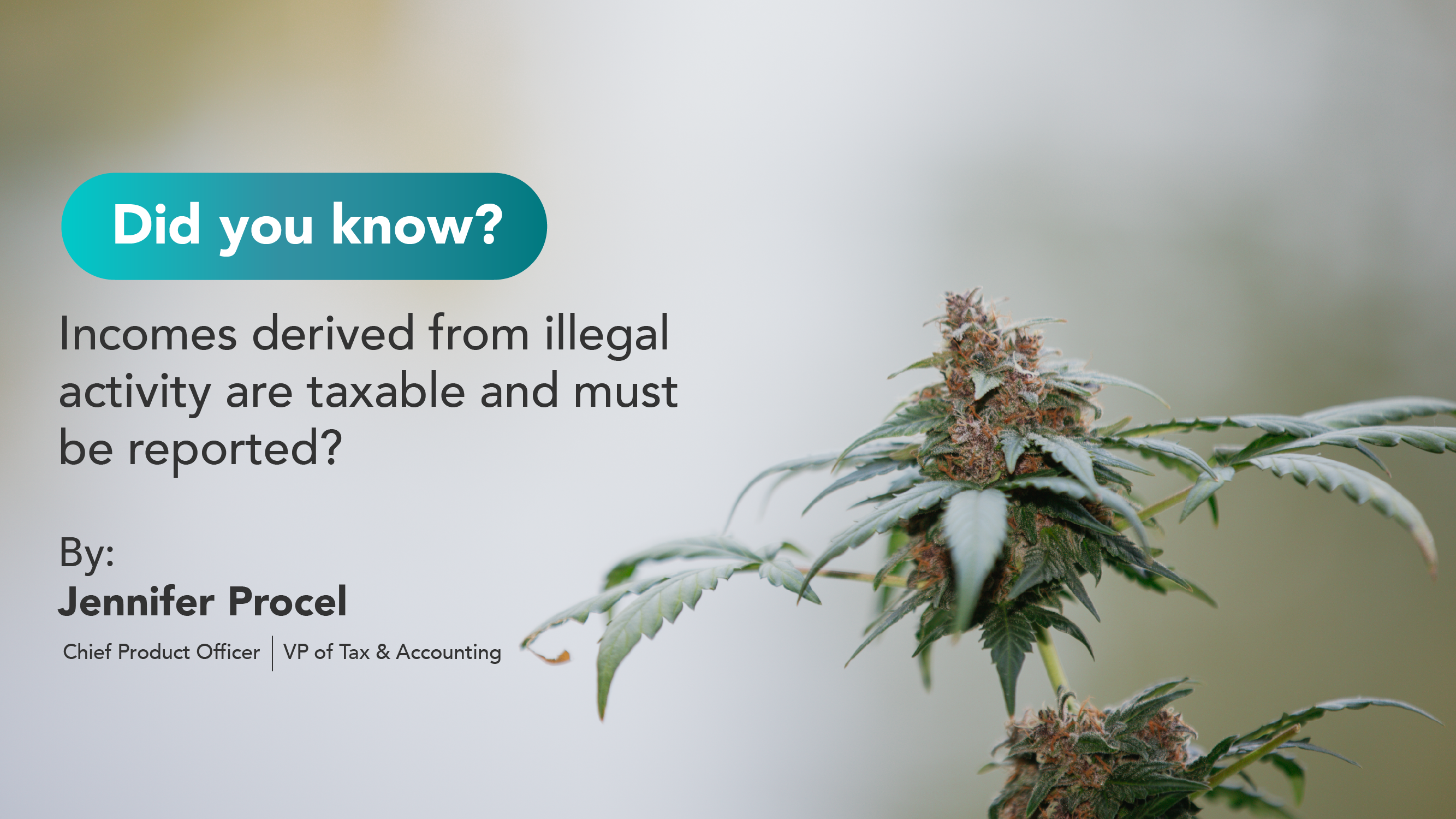Cryptocurrency accounting is a growing and complex area of the accounting industry, so it’s essential for all cryptocurrency users to be aware of how their cryptocurrencies need to be accounted for in their business as well as classified on financial statements. Our guide will help you understand cryptocurrency accounting basics like:
– How cryptocurrencies should be accounted for in your business
– Why an experienced cryptocurrency accountant is essential for your success
– How to account for cryptocurrency on taxes
– The safety behind using cryptocurrency in your business
How Are Cryptocurrencies Accounted for?
You may be curious how cryptocurrencies are even accounted for in your business. Do they work like regular currency, or do they have to be handled like foreign transactions? Do you need to record them at all?
The answer to this question is different depending on whether or not you are classified as a cryptocurrency user. If you hold cryptocurrencies, they will be accounted for similarly to regular assets, which should be recorded at the time of purchase and again when sold. If you’re in accounting, these transactions will flow through your books just like any other purchase or payment.
On the other hand, If you’re a cryptocurrency user, then your accounting may look quite different. For example, if someone is purchasing something from your site using Bitcoin or another cryptocurrency and they live in the United States — then this transaction will be accounted for like any other currency conversion (i.e., converting dollars into euros).
However, this process can become a little more complicated depending on the different payment methods you accept and your customer base. Dealing with the accounting side of the crypto industry is a full-time job to ensure that everything is handled the right way so that when taxes roll around, you’ll be prepared with the proper documentation.
How Do You Account for Cryptocurrency on Your Taxes?
The accounting for cryptocurrency on taxes is a bit more complicated than traditional transactions. Vendors that accept digital currencies, such as Bitcoin or Monero, will use the market value of these cryptocurrencies when determining their income statement and balance sheet because they are treated like other assets for tax purposes rather than an inventory item.
This can make it challenging to determine what you owe in taxes with regard to crypto-assets. For example, if one sells $100 worth of bitcoin (BTC) at the end of December 2017 — which was valued at $20K per coin — then your gain would be calculated by multiplying this amount ($100*$20,000=$200,000). However, the exact amount you owe would depend on the date you sold the cryptocurrency and whether it’s subject to short-term capital gains, or long-term capital gains, along with state taxes.
Due to the complexity of each individual transaction, it’s crucial to keep track of all trades and their respective market value when calculating capital gains tax in order to avoid paying a lot more than you should or claiming far less for the year because your cryptocurrency was not accounted for correctly on your taxes. That’s why having a dedicated team member to focus on accounting for cryptocurrency is so important.

Can My Company Pay with Cryptocurrency?
The short answer, yes!
Is it suitable for your company? It depends on your business goals.
Many companies have started accepting cryptocurrency as a form of payment for goods and services, such as credit cards and technology companies. Some of the more well-known companies using this currency include:
· Microsoft: Microsoft, one of the largest software companies, accepts Bitcoin payments for Skype and Xbox live purchases.
· Tesla: The innovative electric car market, Tesla, accepts payments for their vehicles in Bitcoin. Tesla is a true believer in the growth of cryptocurrency and has invested over a billion dollars in cryptocurrency.
· Paypal: Paypal users are able to hold, sell, or buy cryptocurrency through their system, including Litecoin, Ethereum, and Bitcoin.
· Coca-Cola: Coca-Cola, the popular beverage distributor, has now allowed cryptocurrency payments for their products through Centrapay. You can even find some vending machines around the world accepting these payments.
The reason companies are so eager to allow payments in cryptocurrency is because the fees are less than traditional methods such as credit cards or bank transfers, which can cost up to three percent per transaction. Using cryptocurrency offers an alternative method that may be more efficient depending on your business needs and goals.
Is Cryptocurrency Simple and Safe for My Business??
To be able to use cryptocurrency in your business, you need first to set up a wallet. This is the location that stores all of your transactions with cryptocurrency assets such as Bitcoin or Ethereum. Bitcoin wallets are very secure and safe, offering multiple safeguards to ensure your money is protected.
However, cryptocurrency itself is not as predictable as regular currency. Due to its volatile nature, it can cost a company a ton of money if the market heads in the wrong direction.
Some companies may not want to accept payments or pay with cryptocurrency because they do not know how accounting for cryptocurrency will work on their financial statements or during tax season. Thankfully, there’s an easy way to solve this: with a virtual accounting partner.
Jump into Cryptocurrency with the Right Accounting Partner
The future of currency is digital. If you want to stay ahead of the curve and use cryptocurrency in your business, make sure you have a dedicated crypto accountant on board. Otherwise, it will be hard to keep track of financial statements or file taxes for crypto transactions.
However, hiring a full-time accountant may not always be the most feasible or financially responsible thing to do. Thankfully, you don’t have to invest in a full-time accountant to help you stay ahead in the cryptocurrency world. We offer world-class virtual crypto accounting services for all types of businesses — no matter their size or industry. Click here to learn more about what makes us different from other accounting firms and how we can find solutions to your business’s problems.





